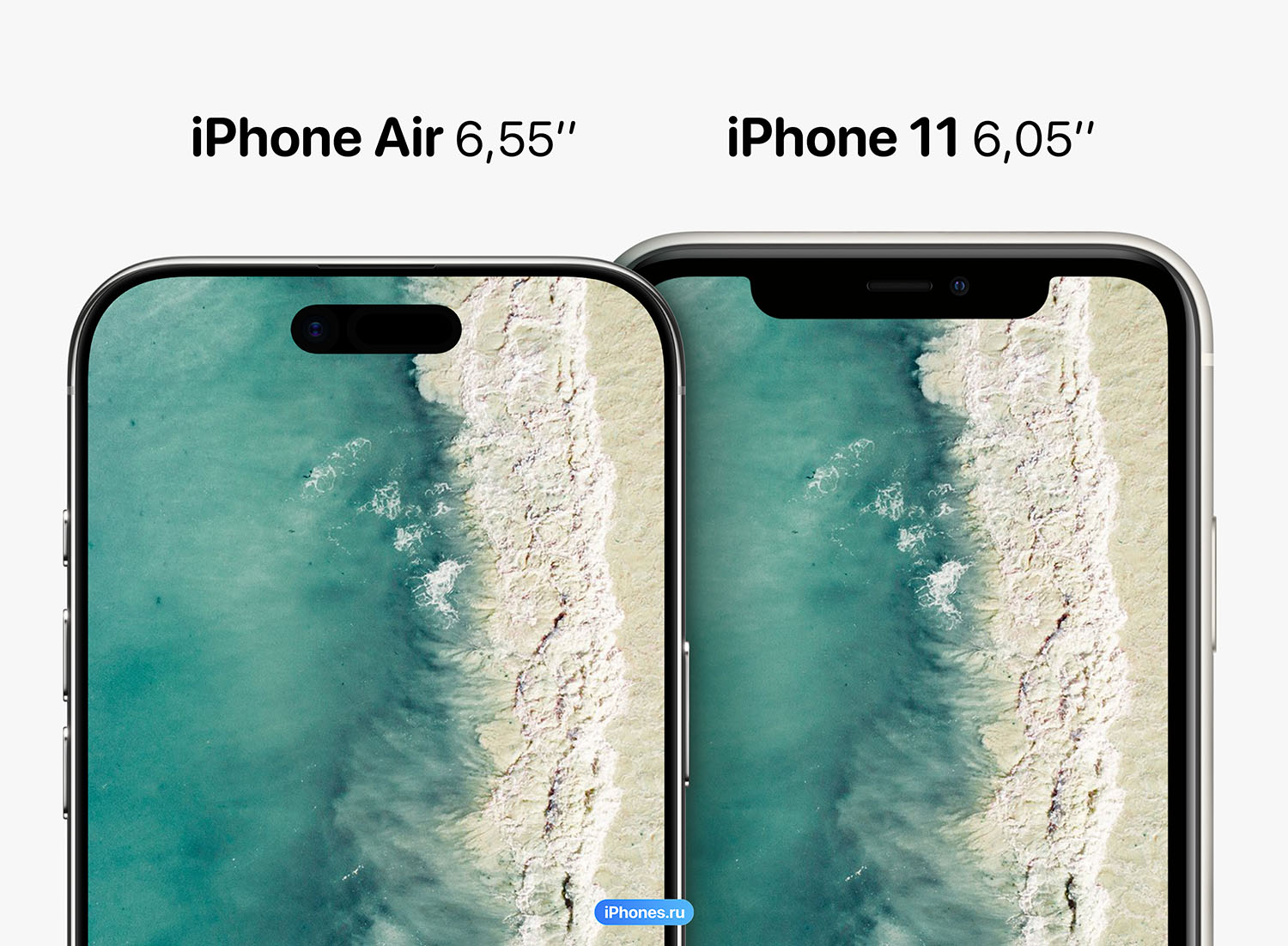Google has finally launched to block third party cookies. As of today, the company has activated the first stage: about 30 million people using Google Chrome have begun disabling the feature. This is a sample of 1% of your entire user base. and is a key step for final implementation at the end of the year.
The company explained that the notification will appear to the first randomly selected users around the world. If you’re part of the example, when you open Google Chrome on your desktop or Android, the browser will ask if you want “browse with more privacy”. You will have the option to accept or decline it.
And you’re done. While you browse the web, the use of third-party cookies will be limited by default, limiting the ability of different websites to track your activity across different websites.
Cookies are small files stored on your device. They can be used to record various of your data: what you do on the site, what equipment you use, where you connect from, how you got to a certain page. They are fundamental, first of all, for the online advertising business. In this way, they manage to personalize advertising based on your “interests.” They also help you log into some portals faster.
If Google Chrome detects that you are having trouble browsing a site that doesn’t work without third-party cookies, will show you the option to temporarily turn them back on. You’ll see this in the eye icon on the right side of the address bar.

The beginning of the death of third-party cookies in Google Chrome
Other browsers, such as Apple Safari and Mozilla Firefox, already include options to block third-party cookies. But Google Chrome’s impact on this is incomparable: it is by far the most used browser in the world. It is used by six out of 10 Internet users, according to StatCounter analysis.
This is “a key milestone in our initiative.” Privacy Sandbox phase out third-party cookies for everyone in the second half of 2024,” Antonio Chavez, vice president of privacy testing at Google, explained last year. “We’ve built new site tools that support key use cases and given developers time to transition,” Chavez wrote in a company blog in December.
Google has no intention of stopping its advertising business. You’re not happy about that: it’s the company that reports the most revenue from advertising. The technology company explained that it will use new tools that will strike a balance between protecting user privacy and continuing to provide data to its advertisers to personalize ads.
Google Chrome won’t stop tracking you. This will only prevent other companies from directly accessing information about your online activity.. In general, the company will concentrate everything it knows about your browsing, analyze and classify it. It will then provide those interested in advertising with a sort of general user profile so that advertisers can target their ads to specific audiences.

We are waiting for the position of the regulators
The final removal of third-party cookies will depend on whether regulators see actions that harm other companies. Google is under a magnifying glass to implement strategies to suppress competition.
A landmark lawsuit began last year in which the US Department of Justice accused the company of using unfair tactics to maintain its dominance in the Internet search market. The verdict will be known in the coming months.
Regarding the removal of cookies in Google Chrome, a statement is expected from the UK competition watchdog. Office of Markets and Competition in this country raised the alarm because he believes it could give Mountain View residents undue power over the online advertising market.
“Google’s Chrome Privacy Sandbox solution, which only works in the Chrome browser, probably doesn’t benefit anyone other than Google,” said Phil Duffield, UK vice president of The Trade Desk, which runs a platform for businesses to buy advertising online. “Protecting consumer privacy online shouldn’t mean it’s difficult for publishers to generate revenue,” Duffield told the publication. BBC. “The advertising industry has a collective mission to create something better.”
Source: Hiper Textual
I am Garth Carter and I work at Gadget Onus. I have specialized in writing for the Hot News section, focusing on topics that are trending and highly relevant to readers. My passion is to present news stories accurately, in an engaging manner that captures the attention of my audience.













